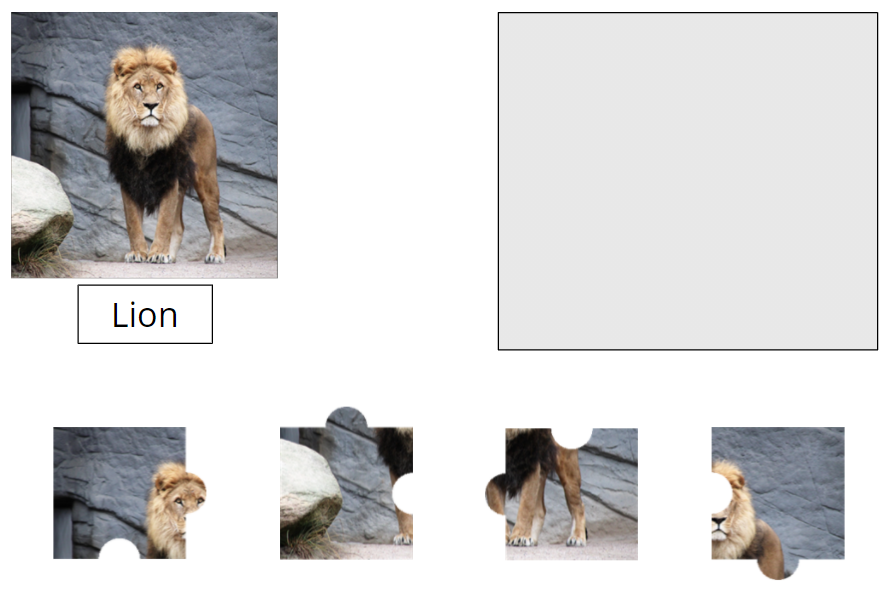Interactive games that teach children how to understand others’ thoughts, feelings, beliefs, and social cues. Includes perspective-taking tasks, false-belief quizzes, and thinking-bubble activities. Ideal for Autism, ADHD, social understanding difficulties, and communication delays.

🧭 Understanding Directions – Spatial Skills for Daily Life
Grade 1 & 2 | NIOS OBE A Level | Life Skills
Build essential spatial concepts through visual games: left/right, big/small, inside/outside, and more. Learners practice following simple instructions with audio support and interactive drag-and-drop tasks.
Perfect for early learners and neurodivergent users. No reading required. Helps build comprehension, attention, and everyday navigation skills.


A structured set of interactive games that help children understand actions and outcomes, consequences, and everyday logic. Essential for neurodivergent learners, early learners, and children working on functional reasoning skills.

Strengthen listening skills, auditory discrimination, sound–picture matching, and basic comprehension through interactive sound-based games. Ideal for neurodivergent learners, speech–language development, and auditory processing practice.

To infer means to predict or guess, and how do we do that, we look at all the available cues in a situation, connect it with our experiences in life or what we already know. This previous knowledge is also called schema. In other words, things we already know. Every new piece of information we receive, we connect it with our previous experience or knowledge to understand how things work.
This helps us to predict what will happen in each situation.
For example, if we see a boy is hurt and there is a banana peel next to him. Looking at the situation we will be able to infer that the boy must have slipped on the banana peel.
Inferencing is a life skill too and essential for effective communication. It helps us to understand another person's perspective and even understand what a person means by his body language, gestures and facial expressions.

A comprehensive visual-skills training module with 60+ interactive games that strengthen pattern recognition, visual closure, spatial understanding, shape identification, and jigsaw solving. Perfect for neurodivergent learners, early learners, and children with visual processing difficulties.

A comprehensive collection of visual puzzles, missing-piece activities, and multi-level jigsaw games that strengthen problem-solving, visual reasoning, whole-part understanding, and cognitive flexibility. Ideal for neurodivergent learners and early learners.